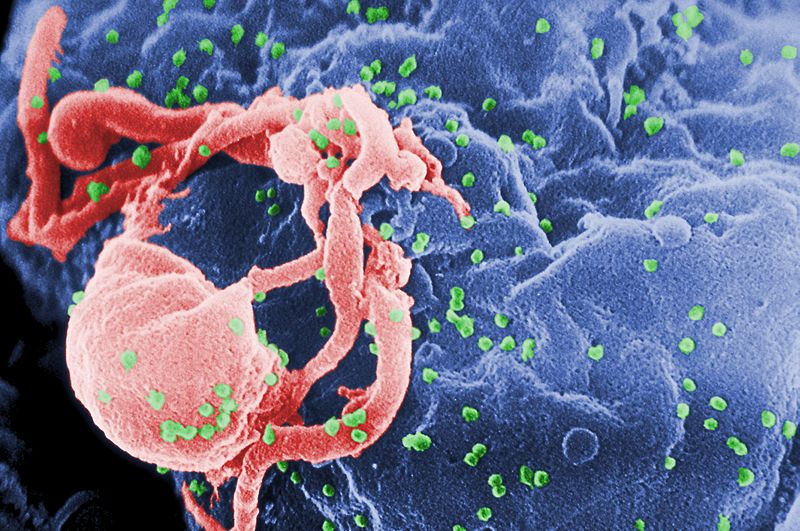GSK's blockbuster HIV drug linked with birth defects

Regulators in Europe and the US have issued warnings about a link between GlaxoSmithKline’s blockbuster HIV drug Tivicay (dolutegravir) and birth defects of the brain and spine.
The European Medicines Agency’s safety committee has said it is evaluating preliminary results from a study which found four cases of birth defects such as spina bifida – a malformed spinal cord – in babies born to mothers who became pregnant while taking Tivicay (dolutegravir).
The Pharmacovigilance Risk Assessment Committee (PRAC) has issued precautionary advice while assessing the study, saying Tivicay should not be prescribed to women seeking to become pregnant.
Women who can become pregnant should use effective contraception while taking Tivicay-based medicines, the PRAC said.
In a separate announcement the FDA said it was also issuing a warning following preliminary results of an ongoing observational study in Botswana, suggesting women who took Tivicay at the time of becoming pregnant, or early in the first trimester, appear to be at higher risk for these birth defects.
The US regulator warned against stopping Tivicay-containing regiments without first switching to alternative HIV medicines, as this could cause the virus to spread to the unborn baby.
Women of childbearing age should talk to healthcare professionals about other non-Tivicay containing medicines.
Tivicay, an integrase strand transfer inhibitor (INSTI) is an important drug for GlaxoSmithKline, which produces the drug through its ViiV joint HIV venture with Pfizer and Shionogi.
Tivicay (dolutegravir) is sold on its own for use as a component of combinations involving other drugs, and generated sales of £1.4 billion,
And Triumeq, which combines dolutegravir with nucleoside reverse transcriptase inhibitors abacavir and lamivudine, brings in sales of more than £2.4 billion.
There are alternatives from the same class such as Merck & Co’s Isentress (raltegravir) and combinations, and combinations containing Gilead’s elvitegravir.
These are still preliminary findings, and the warnings have been issued purely as a precaution.
But preventing HIV spreading to unborn children is important to the medical community, and if there is stronger evidence of a link with birth defects, doctors will surely look for alternative therapies.











